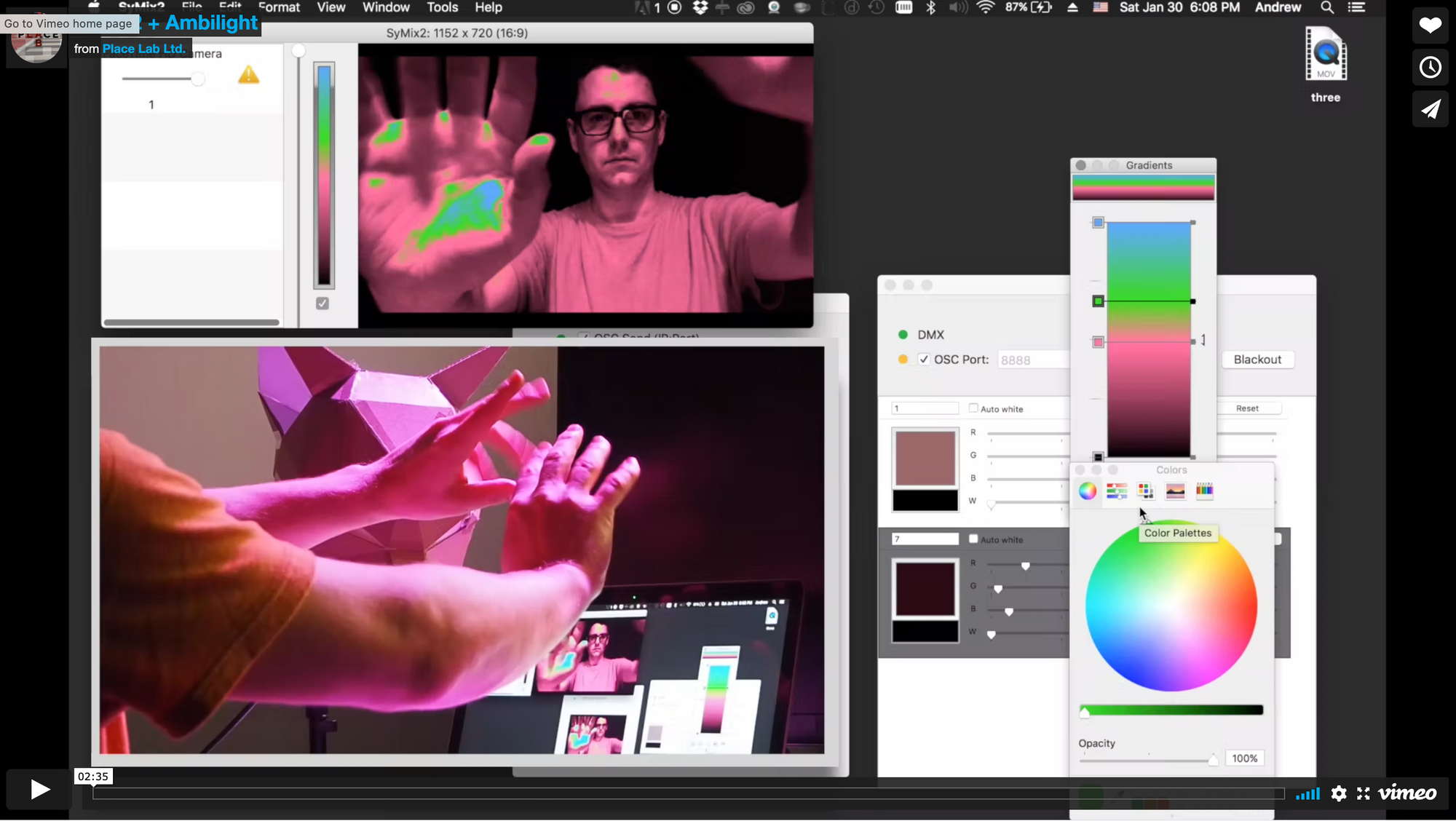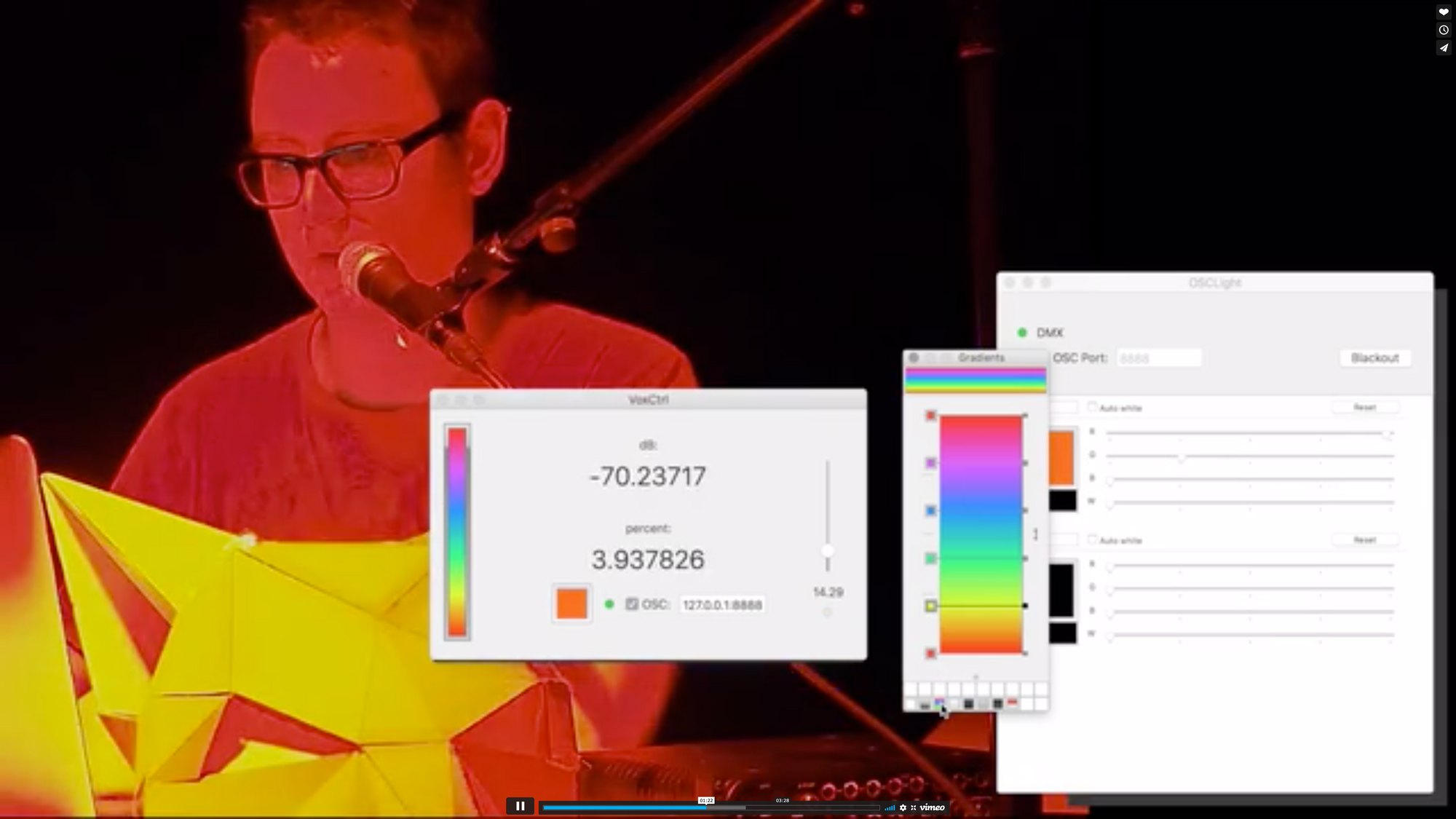
Life In The Shadow of Elysium
Weeknotes:
- I haven't gotten my copy of this yet, but I'm quite excited about Larisa Mann's new book "Rude Citizenship" on Jamaican popular music and the reverbrations of colonial power.
- Over at Intrepid Pixel, I am collecting personal reflections on involvement in virtual worlds. Please consider telling me your story, and get in touch if you'd rather do that in realtime.
- A number of ideas here point towards Solarpunk. I'm not unaware (I'm a fan), but I'm also wary of joining a label, in particular because the moment the boundaries are drawn it becomes a target for colonization and endless spirals of turf war. This week in particular I've noticed a sharp uptick in people mentioning things like "Solarpunk" and "DAO" in the same breath. There's also this godforsaken pile of shite:

Life In The Shadow of Elysium
I had a useful conversation at the end of this week with my friend Debcha about her upcoming book on infrastructure. I'm noting this mostly because I think Deb will see reflections of our conversation in this post and I want to give credit where credit is due, but also because I am VERY EXCITED about this book and what it means. This isn't that book, but it's a drop in the bucket: we need to think about building a better future, and we need to do it now. And, to my eternal surprise, this might be possible. If you appreciate anything in this essay you can probably thank Deb, she says it better, and if you take issue with anything, it's entirely my fault.
I'm not, by nature, a particularly cheerful or optimistic systems thinker. In particular I consider myself an apostate of techno-utopian thinking, and as someone who is also a huge geek, this is a difficult position to hold, in part because the past two decades of technological thinking has been almost exclusively technocratic. There are almost no visions of a future that haven't been fully colonized by growth-over-growth capitalist deathcult. Even our science fiction, design probes and futurist scenario planning have been coopted by the fact that 1. Violence makes conflict and conflict makes for good stories. Utopias are boring. And 2. We all need to eat, even futurists, and there's not much left these days but selling your output as content to the highest bidder.
How can we square this circle? It becomes very easy to slide into despair, especially at a moment when the world seems so very insistent on proving this steady diet of apocalyptic thinking is correct: we're all doomed.
We might all be doomed.
We still need to prepare for being not-doomed or, more likely, for being the "left behind" in the rapture of the singularity. When the oligarchs strap rockets to their yachts and fuck-off to Mars, taking their bitcoin with them, who will still be here? There's a worldview that says we'll be clinging to the landing gear during evac and starving in the streets - I prefer a future where we can wave cheerfully good-riddance to an obnoxious neighbor and return to our collective for a satisfying group meal and a salon. Your anarchist co-op might look different than mine.
My personal head-cannon was realizing we aren't approaching this future, we're there and have been for some time, it's just, as with most of the future, unevenly distributed. My friends who are women and people of color will of course recognize this and laugh at me for pointing it out. Fine but, 1. I am grateful for your guidance and 2. Uneven distribution also means that the impact of things like wealth-hoarding hit differently, and this is part of the work of intersectional politics.
By no means do you, personally, need to do the labor of educating anyone else, but collectively I think some thinking-out-loud is in order if we want to form coalitions, and I don't see any other way forward other than leaning into the very fragile lines between network nodes. We really don't need self-sustaining fallout shelters so we can live impoverished lives underground, we need stronger mutual aid societies so we can sustain the roads between: love and life and culture, art, design, humanity.
All of which is to say It has been difficult these last few weeks to think about things abstractly, and to enjoy abstract things. People are dying, cities are being erased off the map, infrastructure is being torn down, and war (like the patriarchy) remains an utterly stupid, destructive and boring waste of time no matter where and when it occurs. I don't say boring as in "you should ignore it" but boring because we treat these occurrences like they're exceptional, when they're not. The tendency towards destruction and violence is common, it's the ability to channel that moment into something sustainable, or do something else entirely, which is exceptional.
Ring the bells that still can ring
Forget your perfect offering
There is a crack, a crack in everything
That's how the light gets in.

The Wishful Thinking of Zombie Apocalypse
Americans love teams, and they love dynasties, and winning, and scores. All of which could take a while to unpack, but let's start with the fact that for Americans of a certain age, those of us who grew up during or through the 1980s, it becomes difficult to understand why the conservative half of our two-party system, descendents-in-name of Ronald "Evil Empire" Reagan, now seem so enamored with Russia, and in particular with dubious defense of the "historical borders" of the former Soviet Union.
Didn't we win this Superbowl already? We established a MacDonalds for fucks sake. We won. But of course the "we" shifted, and it's easy to forget that this speech of Reagan's was given in Florida as an address the National Association of Evangelicals, including lines like:
"I would rather see my little girls die now, still believing in god, then have them grow up under communism..."
In short, a cornerstone of the contemporary Grand Old Party, in one of the most famous of his populist speeches, advocates sympathy for filicide (a mercy killing, truly) in favor of a contemporary future that includes ideas other than God, Guns and Government. It shouldn't be lost that it is murder for the daughters; Presumably the sons will be busy sacrificing themselves bravely for the state. My body, my choice?
I'm not sure that Regan believed himself a racist (he was certainly a homophobe, as evidenced by the last time the government laughed out loud at a viral pandemic), but I can say with a bit of historical distance that it's difficult not to imagine these words sitting nicely next to the Fourteen Words of a popular white nationalist slogan: [after we murder our daughters] "We must secure the existence of our people and a future for white children." It hasn't been that hard for contemporary conservatives either, who are keen to unite under a big tent of religious white supremacy, epic narrative, and rule-of-law designed to use violence to bring about the end of the world. If they can't remain in charge, then they will burn the earth to the ground for the rest of us.
This is, in short, the wet-dream of the Zombie Apocalypse. The world will end in chaos, blood, suffering and death, and it's incumbent on the straight white male to take up arms, circle the wagons and protect their nuclear family while slurping Dinty-Moore cold from a can. An even darker side of this: it's incumbent on the leadership to facilitate this apocalypse, to be certain that your anxiety and massive weapons stockpile and their private bunkers, vehicles with bioweapon filters and militarized police were worthwhile investments.
Further, the technorati will require a new World Wide Web to float above this. The old web, which connects the mobs together and facilitates far too many grassroots movements, has been strip-mined and played out. It's too encrypted and it's too democratic, we need a new vision of zero-sum scarcity, a Web3 complete with a new stateless currency, in order to further secure the existence of the established hierarchy. The rich need stablecoin and freeports and private satellite internet to ride out this unstable and over-regulated existence, and the narrative of technology as bulwark against the barbarians will get us there. As the child of evangelicals, it's not hard to see the parallels between Clubhouse and house-church, Q-Anon and the Satanic Panic.




Elysium...
In 2017, the middle of the first Trump term, Politico published this article about the relationship between Trump and the city he called home, which traces the same Elysium shaped line: Trump tower as a sacred gilded temple soaring high above the mean and nasty streets of NYC. It's worth pointing out that while Trump was building his tacky paradise on earth and bulldozing everything in the way, what was on the streets? Times square, red and blue. The AIDS crisis, Warhol's factory, the Chelsea Hotel, Basquiat, Club Kids, Kieth Haring, Grafitti and the Pop movement, Klaus Nomi, David Wojnarowicz, Ballroom culture, drag and Stonewall and life, among the highest crime rates yes, a most violent year, but it also depends on how you measure it. And what is the responsibility of the state if not to provide safe and clean public transport? I'm sure I don't know.

Trump "won": he ascended to the presidency on a rocket of white-flight and superpredator mythology while a generation of creatives died under the Reagan era policy of ignoring the "gay plague," and yet he didn't remain in power quietly, and riots under cover of blackout didn't stay that way forever. The truth, as always, is far more complicated: Racist ideology has met an organized resistance of mutual support. Black Lives continue to matter. Gay marriage is no longer particularly controversial, while also: terrorists openly attack the families of trans kids with governments assistance, and the carceral state still very much exists. The story never really ends, it doesn't lend itself cleanly to a screenplay, and it's a mistake to assume it ever will, even while some of us are issuing casting calls, others keep quietly working towards abolition.
...And the rest of us
If we must quote from political speeches I'm a bigger fan of Lincoln's Lyceum address:
"At what point then is the approach of danger to be expected? I answer. If it ever reach us it must spring up amongst us; it cannot come from abroad. If destruction be our lot we must ourselves be its author and finisher. As a nation of freemen we must live through all time or die by suicide.
...whenever the vicious portion of [our] population shall be permitted to gather in bands of hundreds and thousands, and burn churches, ravage and rob provision stores, throw printing-presses into rivers, shoot editors, and hang and burn obnoxious persons at pleasure and with impunity, depend upon it, this government cannot last. By such things the feelings of the best citizens will become more or less alienated from it, and thus it will be left without friends, or with too few, and those few too weak to make their friendship effectual."
The Zombie Apocalypse isn't coming, unless we stage it. There is no cinematic ending, no blaze of glory, no final stand, no new world war, no greatest generation. Global warming, the rise of fascism and the prosecution of our most vulnerable isn't a thing that will happen, it's happening now and it has been for decades. We don't need more of these things to inspire action, we don't need to slot them into narratives to make them real: but we do need survival strategies, and any bit of effort at resistance is good and useful, especially (not in spite of) the backdrop of a narrative of learned helplessness.
Violence, especially when returning the energy of an aggressor, can be necessary. But we can only kill someone, burn a building or overthrow a leader once. For most of the time we exist in the time-before and the time-after. What we need long term, in the words of Lincoln, is a sustained strategy for making friendship effectual. The trick is to do this amidst the continual fog of war, in the noise and chaos and terrifying sense of encroaching flood waters that are, in fact, extremely real. Can we visualize a future here that isn't quite so zero-sum? Can we back it up with something as delicate as friendship?
Our existing technical systems say no, the network only provides protection for the highest bidder, and that market is well and truly rigged. Some of us say yes, but this to me seems like the hardest thing: not the already extraordinarily difficult task of shifting our technical systems, but the extraordinarily difficult task of shifting our perspective on the problem. Learned helplessness and systems of control are the hallmark of the day, but while we may occasionally need to fight, what we mostly need to do is to remind ourselves that strength lies in community. Go ahead and put on your oxygen mask, but don't forget, also, to help one-another imagine a zombie-free future.
"Those who work with trauma, they know very well that there is nothing more painful than an overwhelming experience not communicated and shared. Once it is shared it opens up the path to healthier life... this is my general approach to monuments. We have to help them to be useful to the living, making them relevant to us, so that we can build a future."
Krzysztof Wodiczko, 2020 Monument For the Living


💜 Did you find this interesting or helpful? Please share it!
☕️ Want to help? This project takes a lot of work but is provide without cost and ad-free. Please consider buying me a coffee. The encouragement is invaluable, and the support really does help!































